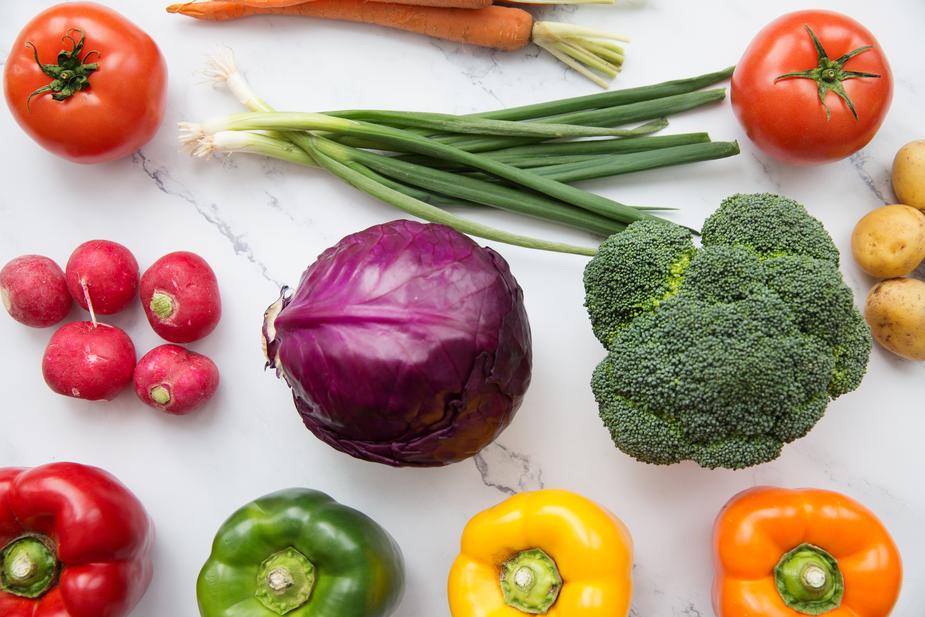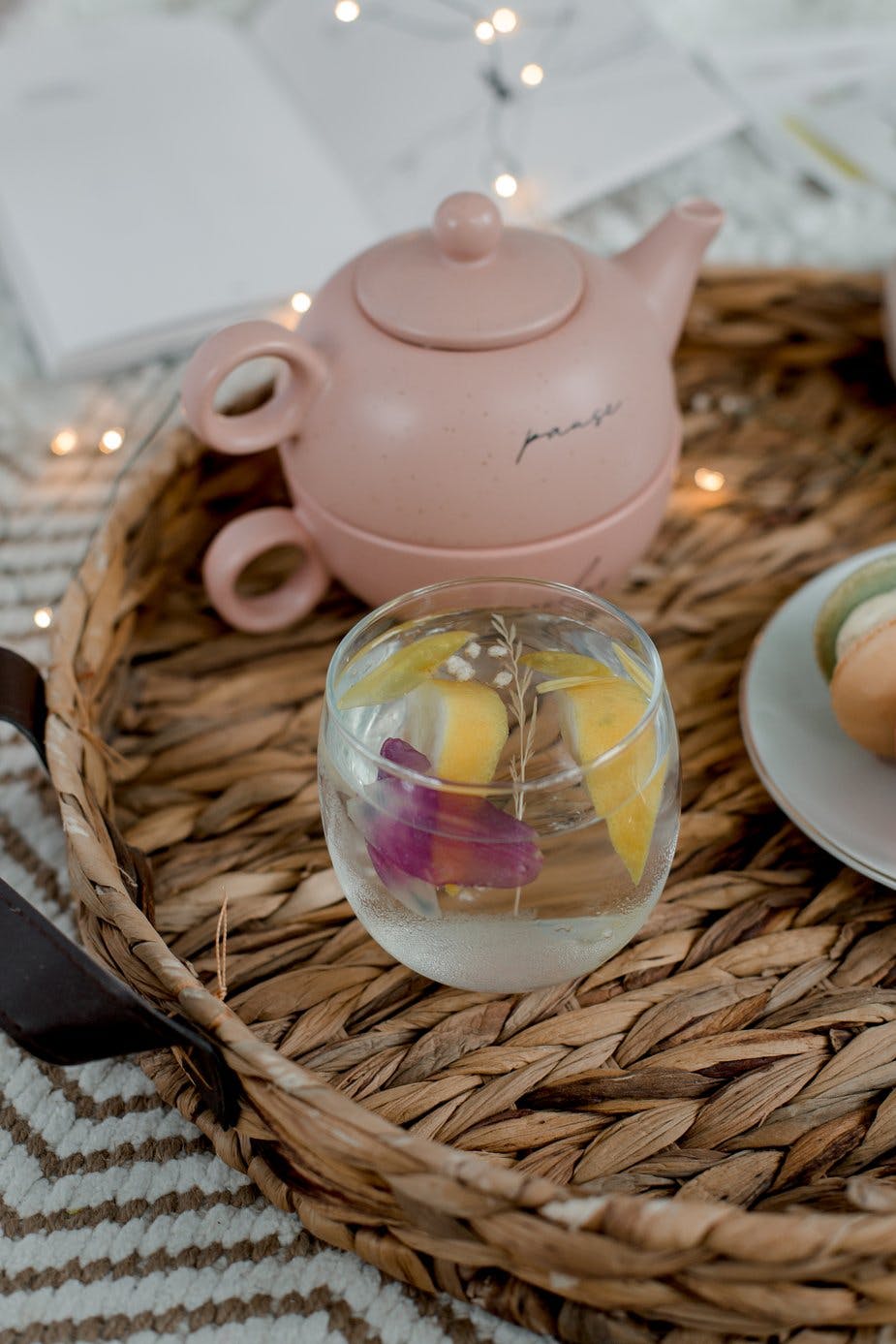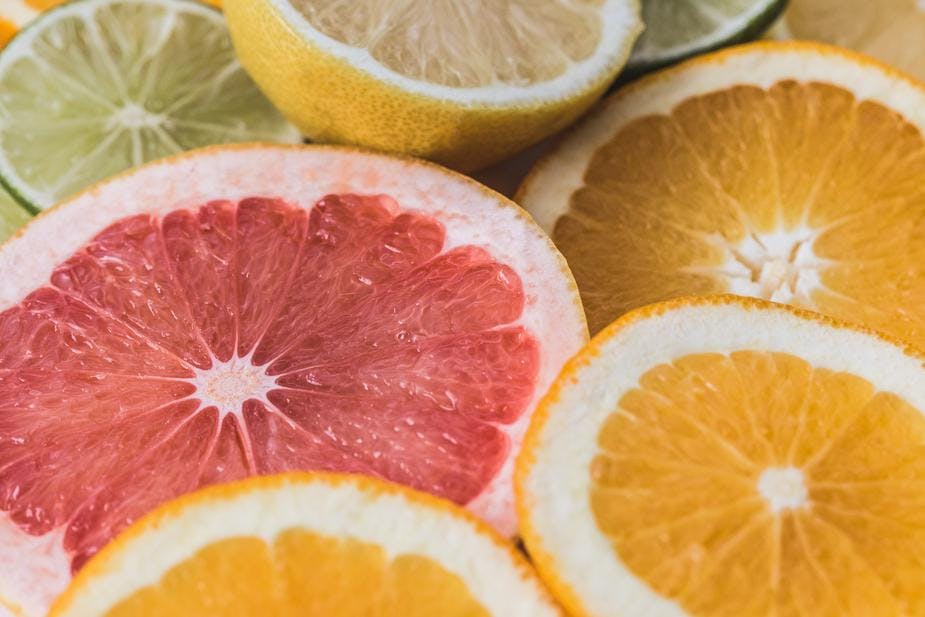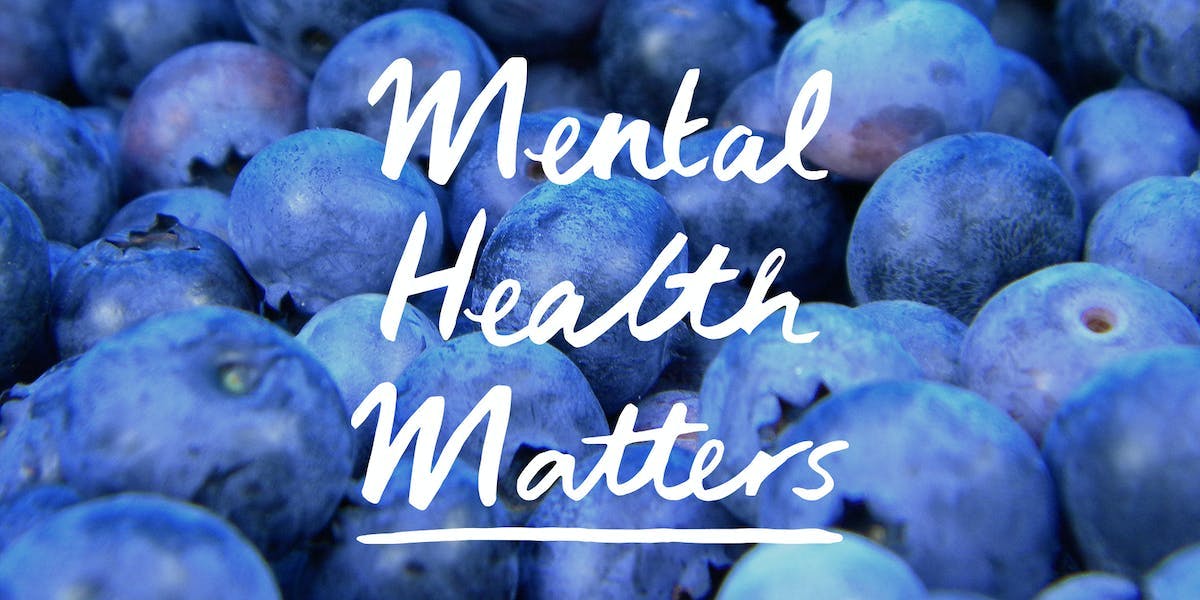Lifestyle
Mental Health Matters: Fostering Healthy Eating Habits
by Laura Barns
4min read
It’s never been more important to make sure we’re all looking after our mental health, as well as our physical health.
In this series, we’ve taken a look at some of the best ways to help our wellbeing during COVID-19, quarantining, self-isolation and beyond.

The link between eating well and mental health
There is a wealth of research out there that highlights the link between the food we eat and our mental health, as well as our physical health. In particular, a well-balanced diet is said to help improve your mood, energy levels and mental awareness.
There are several elements involved, from the number of carbohydrates you eat to the way deficiencies in vitamins and minerals affect mental health:
- Carbohydrates and eating regularly. In order for your brain to be able to concentrate and focus, it needs energy. 20% of all energy needed by the body is used by the brain. This energy comes from glucose, and the glucose in our blood comes from the carbohydrates we eat.
- Proteins and fats. Alongside the energy it gets from carbohydrates, your brain requires amino acids to support the regulation of thoughts and feelings. As protein contains amino acids, it’s essential to get enough of this in your diet.
- Vitamins and minerals. When we don’t get enough of certain vitamins and minerals, both our physical and mental health can suffer. The best way to ensure you’re getting enough of the vitamins and minerals you need is to eat a varied and balanced diet, rich in fruit and vegetables.

Good mood food: managing your diet for your mental health
Fostering healthy eating habits has never been more important than now. During turbulent times, it’s easier for healthier habits to ‘slip’ or go out of the window completely. And whilst this is totally normal, in order for us to feel better (and stay feeling better), it’s a good idea to aim to get back on track as quickly as possible.
Here are some of Mind’s top tips for kick-starting or improving your healthy eating habits for your mental health:
- Eat regularly. As mentioned above, our bodies require energy which comes from blood glucose found in carbs. If your blood sugar drops you might feel tired, irritable and depressed. Eating regularly and choosing foods that release energy slowly will help to keep your sugar levels steady.
- Stay hydrated. We all know we should be drinking lots of water (2 litres a day is the current recommendation), but why? We need fluids to help keep our brains clear, in order for us to think and concentrate properly. Drinking enough water will also help to avoid constipation, too.
- Look after your gut. Gut health was a big focus of 2020, and it’s clear to see why. Sometimes your gut can reflect how you are feeling emotionally. If you're stressed or anxious this can make your gut slow down or speed up. For healthy digestion, you need to have plenty of fibre, fluid and exercise regularly.
- Manage your caffeine intake. Caffeine is a stimulant, which means it will give you a quick burst of energy, but then may make you feel anxious and depressed, disturb your sleep (especially if you have it before bed), or give you withdrawal symptoms if you stop suddenly.
- Make sure you are getting your five a day. Vegetables and fruit contain a lot of the minerals, vitamins and fibre we need to keep us physically and mentally healthy. Eating a variety of different coloured fruits and vegetables every day means you’ll get a good range of nutrients.

Mental health medication and your diet
Depending on your specific mental health needs, you may require certain medications which can have an impact on your diet in terms of restrictions or appetite.
Before prescribing you any medication, your doctor should fully explain any possible risks or side effects, so you can make an informed decision. If you are currently taking medication and are unsure or worried about what foods and drinks to avoid, it might help to speak to you GP or ask at your local pharmacy. (See Mind’s pages on psychiatric medications for more information.)
If you have any other recommendations or questions regarding your diet and mental health, we’d love to read them. Feel free to use the comments section below.
By Laura Barns
Laura is our Copywriter, who is obsessed with the Hearty Roots Stew (and has been known to eat a double serve for lunch on more than one occasion). On her day off you’ll find her walking her puppy Ralph, stopping off at bookshops and cocktail bars along the way.
Let us take care of dinner
We help to make eating more plants easy and delicious. Fancy letting us take care of dinner? Check out our delicious meals here.
Shop now
